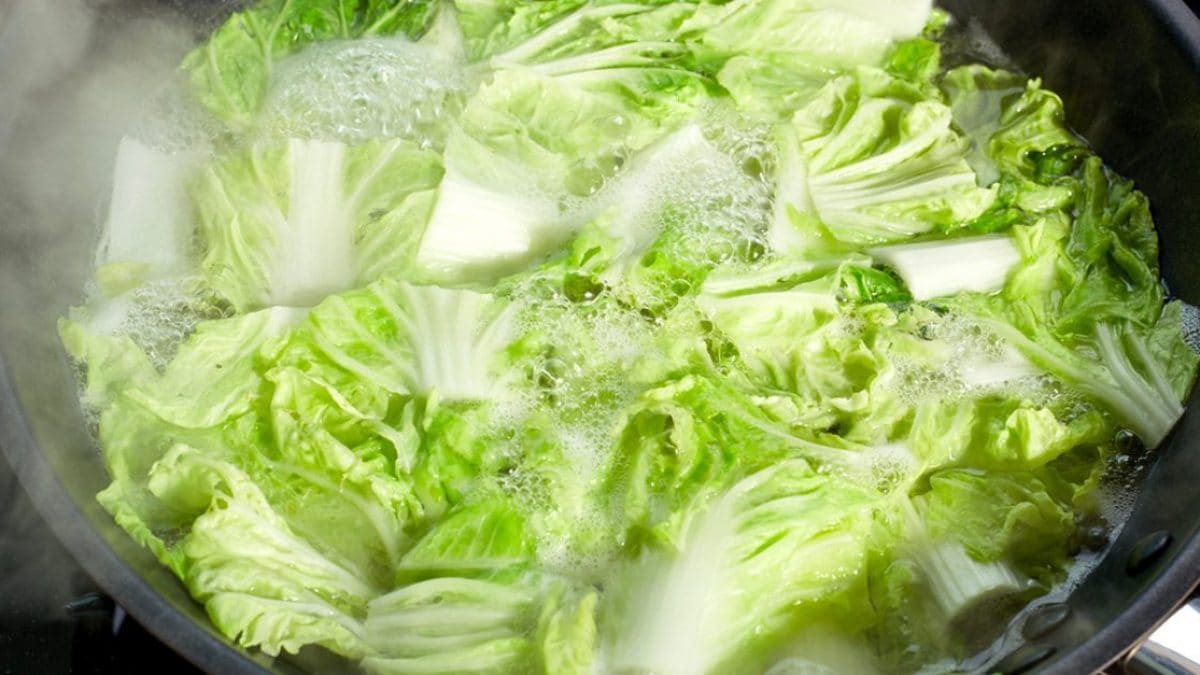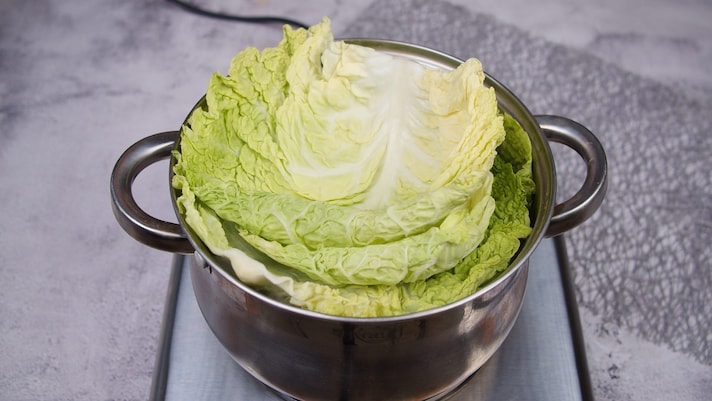
The generic name of cabbage includes many different varieties of the same vegetable, one of the most useful vegetables for the human body because it is very rich in mineral salts, fiber, vitamins and nutrients. But whether it is white cabbage, cauliflower, cabbage or savoy cabbage, the problem when cooking is always the same: the vegetable emits a very strong odor, even definable as "bad" but certainly not pleasant. The smell itself often discourages you from cooking cabbage, also because it remains in the air for hours and hours, and it is a shame because with this precious vegetable you can prepare many delicious recipes. But how can you avoid impregnating the kitchen with the strong smell of cabbage? It is easier than you think: here are all the ways to limit olfactory damage and cook this precious vegetable anyway.
Can You Cook Cabbage Without Bad Smells?
The answer is yes, it is possible to cook cabbage without letting its very strong smell invade the kitchen and remain in the air for hours. These are simple tricks, which require other ingredients that you certainly have at home such as vinegar, lemon or potatoes, just to name a few: they are the classic "grandmother's remedies" that, as curious as they may sometimes seem, are absolutely infallible.
1. Add Ingredients to The Cooking Water
One of the most effective methods to dampen the strong smell of cabbage is to add some particular ingredients directly to the cooking water, which can reduce it without affecting the flavor. If you have chosen to steam the cabbage or in a pressure cooker, you can add a cup of white vinegar, a few bay leaves or a teaspoon of milk to the water. If you have cooked it in water, add a slice of lemon or 2 tablespoons of vinegar before closing the pot and letting the cabbage cook.

2. Dampen the Smell Out of The Pot
If you don't want to act directly on the cooking water, you can use some tricks outside, placing some specific ingredients near the pot where you cooked your cabbage. One of the most common solutions is to wet a slice of bread with vinegar or lemon and place it either near the pot or directly on the lid in the case of a pressure cooker, so that it can absorb the odor coming out. Equally useful is to place a potato near the pot, because the starch contained in the tubers is able to easily absorb the odors of the environment, or a coffee cup full of vinegar.
How to Clean The Air After Cooking
We have seen effective methods to dampen the smell of cabbage during cooking, but what to do if the air in the kitchen has become impregnated anyway? The solution is very simple: you have to boil for ten minutes a pot full of water in which you will add bay leaves, lemon slices and vinegar, three of the best ingredients to capture odors. Even before the recommended minutes pass, you will immediately feel the difference and the air will immediately be cleaner.
;Resize,width=767;)
